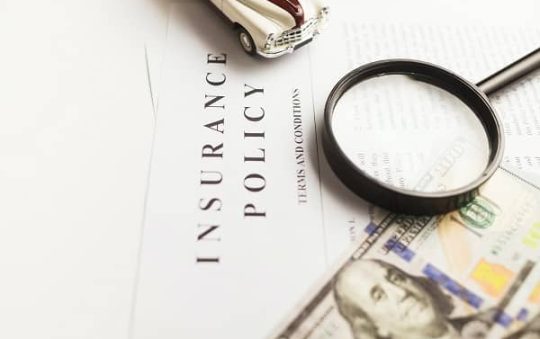It does not matter if you own your own business, or if you work for a company, the subject of personal finances is a central aspect of our lives that we should all consider.
Today’s economic environment is extremely complex. On the one hand, the market is saturated in offering highly attractive products and services, but not essential ones. On the other hand, the effects of globalization have created an environment of financial instability in which a slowdown in Southeast Asia can generate economic turmoil in Latin America, putting the integrity of our assets and sources of income at risk.
Financial education is a valuable tool that helps us face the vicissitudes of the global economic environment, as it teaches us to take actions that support us for the benefit of our financial security. Enterprise Document Repository programs can also support you to have better-organized information of your assets.
Next, we share with you some tips that will allow you to have better control over your personal finance.
Contents
Design a budget
It seems extremely basic and ordinary, but in real life, few people actually budget for their income and expenses, and even fewer actually adhere to the budget. Currently, making a budget is more a matter of will than of resources, since there are very accessible technological tools that allow us to create budgets, especially in mobile applications.
Also read: How to finalize the best term insurance plan?
Automate your finances
New information technologies have made it easier for us to carry out banking procedures. We recommend starting electronic banking as soon as possible, as you can make transfers and payments for services in real-time, optimizing your time and avoiding late fees and interest. It’s a great way to schedule your fixed expenses.
Make good use of your credit card
You must remember that a credit card is not a source of free money, it is a bank line of credit that is available to you for unexpected expenses and that you must cover within a certain period of time. Avoid unnecessary expenses, and above all, avoid paying minimum balances on your credit cards, as this generates interest, so you would be paying for money that you did not really use.
Save
Another classic tip, but it never hurts to mention. Set a realistic savings goal, taking into account your fixed expenses, which should never exceed 20% of your monthly income. We recommend not keeping your cash savings in places like your home or office. The bank will always be the best alternative for saving because, despite the fact that currently the interest generated by savings accounts is far from attractive, the security that a serious banking institution has to offer makes it the ideal option.
Also know about invoice financing.
Diversify your investments
It is always better to have investments in more than one channel. You should team up with a financial planner to create a long-term investment portfolio that includes stocks, bonds, and Cetes that align with your own financial goals and tolerance for risk. Ignore offers to enter “fantastic” investment instruments, which require large sums and promise high investment returns, most likely it is a pyramid fraud strategy, which can put you at risk the integrity of your estate.
Healthy personal finances require more than good intentions. It is necessary to have discipline, vision and good sense to make the correct decisions, but once this aspect is resolved, you will be able to mange your finances in a more orderly and efficient way, with all the benefits that this entails. It’s worth a try.




